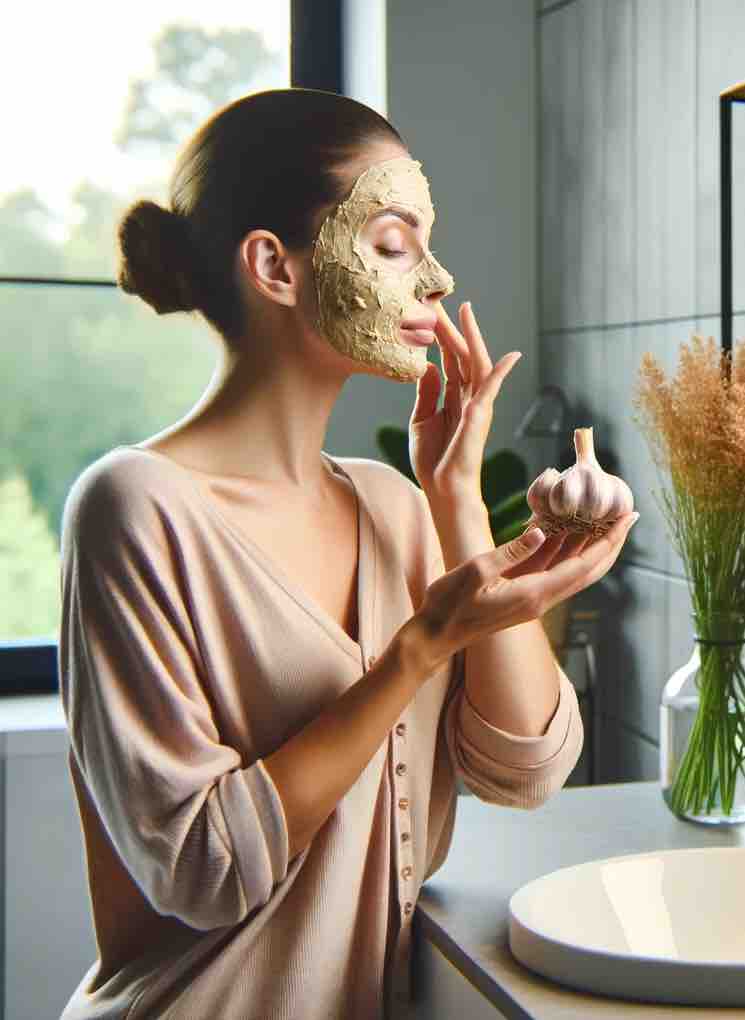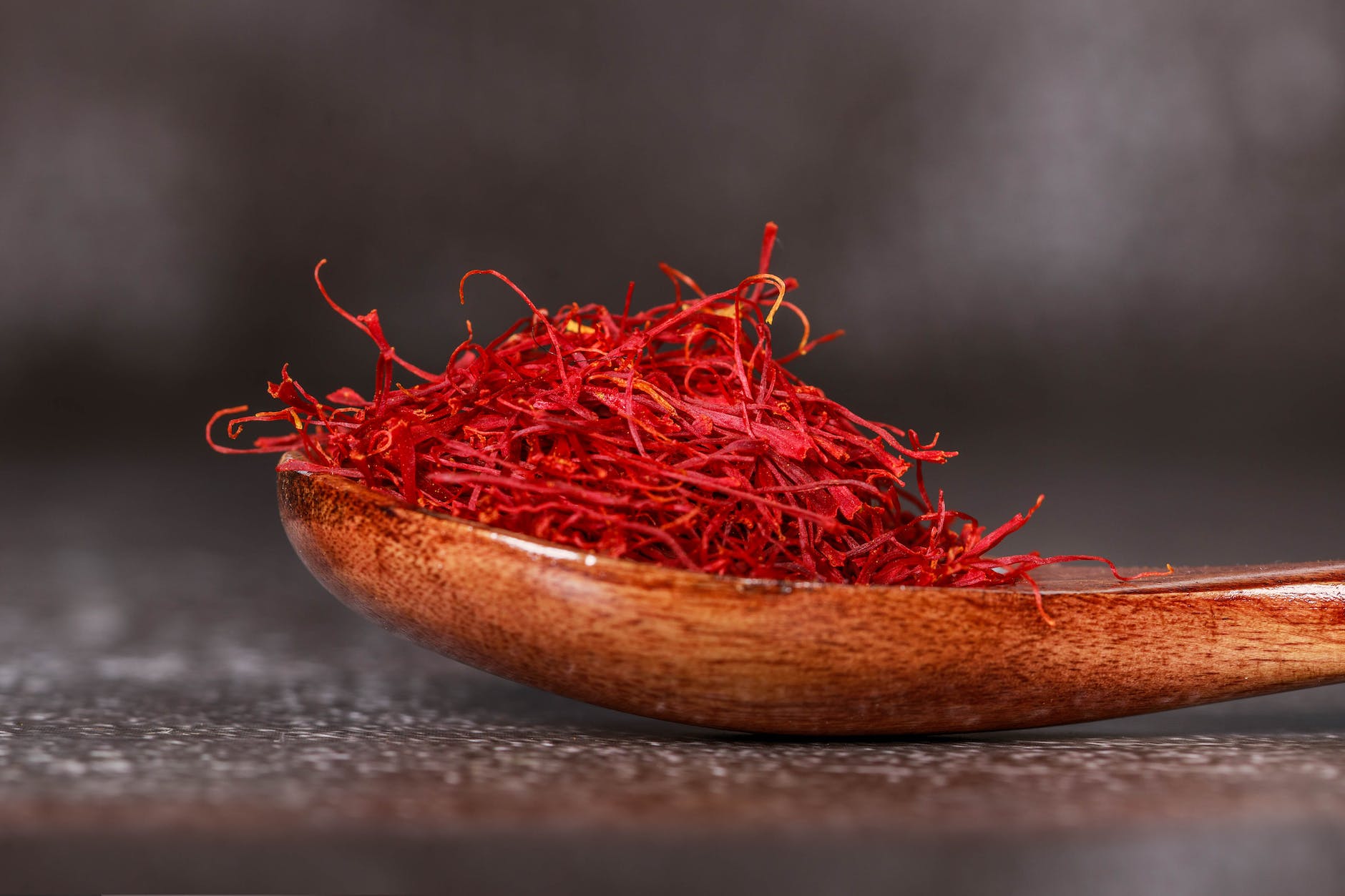
Roses, revered for their beauty and scent, also possess potent benefits for skin care that have been utilized since ancient times. The original article from Masala Monk outlines the multifaceted benefits of rose for skin, including its anti-aging properties, moisturizing effects, and ability to soothe redness and irritation. Let’s delve deeper into each benefit, offering a more comprehensive guide to harnessing the full potential of rose in skincare.
The Timeless Skincare Elixir: Rose
Roses are not just symbols of love and beauty but have been integral to skincare rituals across cultures. Their inclusion in Cleopatra’s beauty regime underscores their timeless appeal and efficacy. Beyond their enchanting aroma, roses are packed with vitamins, minerals, and antioxidants that offer a holistic approach to skin health.
Unraveling the Skin Benefits of Rose
- Premature Aging Prevention: Roses are abundant in antioxidants, such as vitamin C, which combat free radicals and oxidative stress, thus neutralizing factors that accelerate skin aging. The application of rose-based products can strengthen skin cells, promoting longevity and reducing the visibility of aging signs like wrinkles and fine lines.
- Deep Moisturization: Rose’s natural oils are known for their exceptional moisturizing capabilities, making it an ideal remedy for dry and dehydrated skin. These oils lock in moisture without clogging pores, ensuring the skin remains supple and hydrated throughout the day.
- Soothing Skin Redness and Irritation: The anti-inflammatory properties of rose help in calming skin conditions such as acne, rosacea, and eczema. Regular use of rose water or rose-infused products can reduce skin redness and promote a balanced, even skin tone.
- Collagen Production Boost: Essential for maintaining skin’s elasticity and firmness, collagen production is enhanced by the vitamins A and C found in roses. This not only aids in skin repair but also maintains youthful, vibrant skin.
- Sebum Production Regulation: For those battling oily skin, rose offers a natural solution. Its astringent properties help in tightening pores and balancing sebum production, resulting in a clearer, matte complexion.
- Skin Tone and Texture Improvement: Rose products can lighten hyperpigmentation and scars, thanks to their vitamin C content. Regular use can lead to a brighter, more even skin tone and smoother texture.
Incorporating Rose into Your Skincare Routine
- Rose Water Toning: After cleansing, spritz rose water on your face to tone and prep your skin for moisturizing. This not only refreshes the skin but also tightens pores and balances pH levels.
- Rosehip Oil for Anti-Aging: Apply a few drops of rosehip oil at night to target signs of aging. Rich in retinol and vitamin C, it promotes cell turnover and collagen production.
- Rose-Infused Masks and Scrubs: DIY or store-bought, rose-infused masks and scrubs can exfoliate dead skin cells and deliver intensive moisture, revealing radiant and refreshed skin.
- Rose Petals in Baths: For a luxurious spa-like experience, add rose petals to your bath. This not only soothes the skin but also relaxes the mind.
Precautions and Recommendations
While roses are generally safe for all skin types, it’s important to:
- Patch Test: Always perform a patch test before trying a new rose-based product, especially if you have sensitive skin.
- Pure and Organic: Opt for products that use pure, organic rose ingredients to avoid skin irritation from pesticides and chemicals.
Conclusion: Rose – The Quintessential Skin Ally
The benefits of rose for the skin are both profound and wide-ranging, from anti-aging and moisturizing to soothing and brightening. By incorporating rose into your skincare regime, you embrace a legacy of beauty and wellness that has stood the test of time, offering your skin the nourishment and care it deserves.
10 FAQs for “6 Impressive Benefits of Rose for Skin”
1. How does rose benefit the skin?
Rose petals and rose water are rich in antioxidants and vitamins that help soothe irritation, hydrate the skin, reduce signs of aging, and clear pores, making the skin appear healthier and more radiant.
2. Can rose water be used daily?
Yes, rose water is gentle enough for daily use as a toner or a refreshing mist to hydrate and soothe the skin.
3. Is rosehip oil good for all skin types?
Rosehip oil is beneficial for most skin types, including dry, oily, and combination skin. Its balancing properties help regulate oil production in oily skin and provide deep hydration for dry skin.
4. Can using rose products help with acne?
Yes, the anti-inflammatory and antibacterial properties of rose make it effective in soothing acne-prone skin and reducing acne scars.
5. How can I incorporate rose into my skincare routine?
You can use rose water as a toner, add rosehip oil to your moisturizer, use rose-infused masks, or add rose petals to your bath for a luxurious skincare routine.
6. Are there any side effects of using rose on the skin?
Rose is generally safe for topical use, but it’s always best to do a patch test first, especially if you have sensitive skin, to ensure there are no allergic reactions.
7. Can men use rose products for their skin?
Absolutely, rose products are suitable for anyone looking to improve their skin’s health and appearance, regardless of gender.
8. How does rose water improve complexion?
Rose water helps balance the skin’s pH, reduce redness and inflammation, and provide hydration, which together can improve the skin’s overall complexion.
9. Will rosehip oil make my skin oily?
No, rosehip oil is known for its ability to absorb quickly without leaving a greasy residue, making it suitable for oily skin types as well.
10. Can I make rose water at home?
Yes, you can make rose water at home by simmering rose petals in distilled water and then straining the mixture to collect the fragrant water.
Blog Tags
rose for skin, rose water benefits, natural skincare, anti-aging solutions, acne treatment, skin hydration, rosehip oil, organic beauty care, skincare routine, soothing skin












